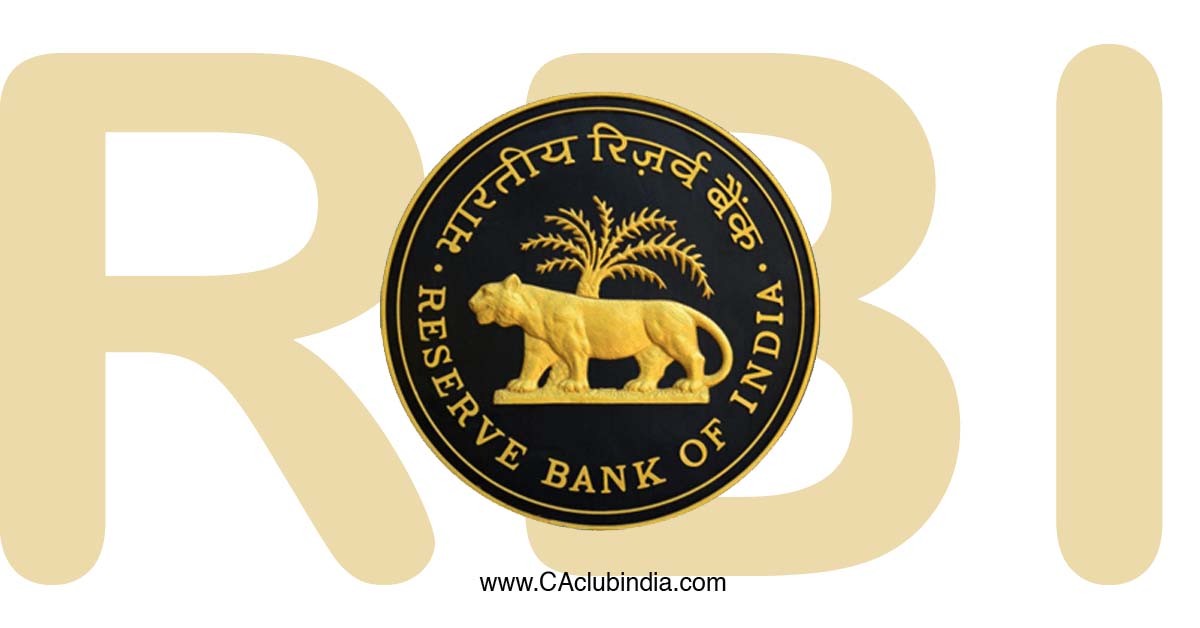The Reserve Bank of India (RBI) has issued a circular stating that banks and finance companies can enter into compromise settlements or technical write-offs with wilful defaulters and companies involved in fraud. This means that these institutions can reach agreements with such debtors to settle their outstanding loans, even if the debtors are categorized as wilful defaulters or involved in fraudulent activities. However, these settlements do not affect any ongoing criminal proceedings against the debtors.
The RBI has instructed banks to enforce a minimum cooling period of at least 12 months before granting new loans to borrowers who have undergone compromise settlements. This cooling period applies to all types of exposures, except for farm credit, which should also have a minimum cooling period of 12 months. However, banks and finance companies have the freedom to establish longer cooling periods if they are specified in their board-approved policies.

The compromise settlements aim to facilitate the early recovery of dues while saving costs for the banks in terms of legal expenses and other associated costs. However, there is concern that approving compromise settlements for wilful defaulters and fraud companies could lead to the loss of more public funds. Wilful defaulters are borrowers who have the ability to repay their loans but refuse to do so.
Regarding technical write-offs, the cooling period should be determined according to the policies approved by the boards of banks and non-banking financial companies (NBFCs). Write-offs involve removing bad loans from the non-performing assets (NPAs) of banks for accounting and tax purposes. Over the past ten years, write-offs have reduced NPAs by Rs 13,22,309 crore. Write-offs have been used by banks to show lower NPA levels, but there are concerns that banks and corporations often misuse restructuring to artificially lower reported NPA levels.
If banks have initiated recovery proceedings through a judicial forum and the case is still pending, any settlement reached with the borrower should be subject to obtaining a consent decree from the relevant judicial authorities. There have been complaints from Debt Recovery Tribunals (DRTs) that banks have been entering into compromise settlements without informing the DRTs.
Recovering debts due to banks is crucial to protect the interests of depositors and other stakeholders. If NPAs are not recovered, depositors and stakeholders will ultimately suffer. Therefore, any compromise settlement should aim to recover dues to the maximum extent possible with minimum expenses and within the shortest possible time frame. It is important to keep in mind that banks are public sector entities, and the interests of the taxpaying general public should be prioritized over the borrowers' interests.
The author is a Chartered Accountant with 2 decades of experience into Accounting, Taxation, Auditing, Risk & Compliance, Credit Controls, Due diligence. Currently, the author is the founder and managing partner at RRL Global services.










 CAclubindia
CAclubindia

